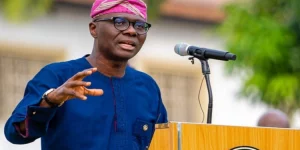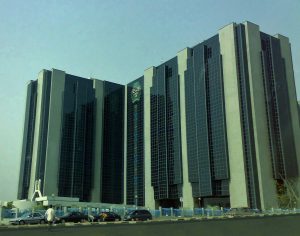
Nigeria’s ability to achieve its projected 3.6 per cent GDP growth in 2025 will depend heavily on sustained fiscal discipline and consistent reform implementation, according to Afreximbank’s Group Chief Economist, Dr. Yemi Kale.
In an interview with The Guardian, Kale noted that while the economic outlook is supported by structural reforms, easing inflation and the anticipated impact of the Dangote Refinery, these drivers alone cannot guarantee sustained growth.
“Reforms and prudent economic management are crucial. Without consistent follow-through, the momentum could stall and threaten Nigeria’s medium-term recovery,” he warned.
Kale described the Dangote Refinery as a potential game-changer, stressing that its ability to reduce petroleum imports and boost exports could reshape Nigeria’s trade balance. However, he cautioned that its real impact will depend on operational reliability, steady crude supply, and the stability of foreign exchange dynamics.
Afreximbank projects Nigeria’s real GDP to expand between 3.4 and 3.6 per cent in 2025, with average growth of around 4 per cent expected between 2025 and 2029. Kale emphasized that maintaining fiscal and FX reforms alongside a disciplined monetary stance will be key.
“Inflation remains well above single digits. Any premature loosening of monetary policy risks reversing fragile gains,” he added.
Turning to the continental outlook, Kale described Africa as “resilient but heterogeneous.” He noted that while recovery from the COVID-19 and commodity shocks is ongoing, growth remains constrained by high global interest rates, shifting trade dynamics, and climate-driven supply chain disruptions.
Despite these pressures, Afreximbank forecasts Africa-wide GDP growth of about 4 per cent in 2025. Kale advised policymakers to strike a careful balance between disinflation and growth, adopting targeted fiscal tools and structural reforms to ease supply-side bottlenecks.
On regional performance, Kale highlighted East Africa’s resilience, powered by digital adoption and diversified services, and the relative strength of North African economies benefiting from energy revenues. Some West African non-CFA countries are also gaining momentum from reforms and commodity recoveries.
By sector, services—particularly telecoms, fintech, and distribution—are expanding rapidly where intra-African trade is deepening. Light manufacturing and food processing are also showing promise in countries investing in logistics and infrastructure. However, fragile states and oil-dependent economies with limited diversification remain highly vulnerable to shocks.
Looking ahead, Kale identified industrialisation in value-added sectors such as agro-processing and energy-linked manufacturing as major opportunities over the next 12 to 18 months. Yet he cautioned that risks from inflation, high debt service, potential capital outflows and climate shocks could still derail progress.
“Resilience is concentrated where sound macro policies, structural reforms, and investment in logistics and energy converge,” he concluded.





